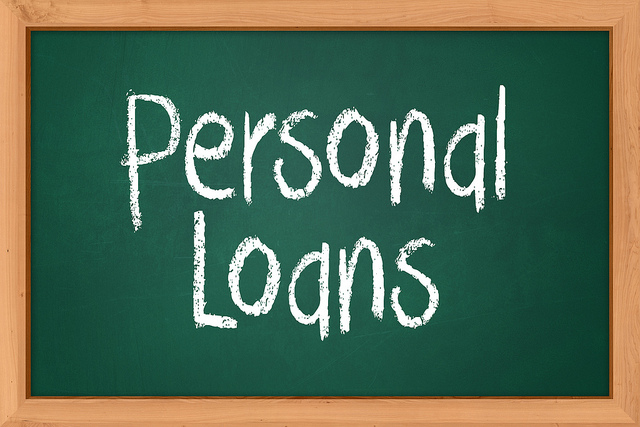Like a kid in a candy store, consumers have various loans to choose from. From education loan to home loan, we shall look at personal loan through a microscope.
Personal loans are used for family emergencies, home furnishings, or consolidating other debts. These loans are often short-term.
1. APPLICATION PROCESS
You will be asked to complete a loan application that may include: your name, NRIC, date of birth, address, current and previous employers, length of employment, occupation, sources of income, total monthly income, and information about existing credit accounts.
Your credit card report includes your bill-paying history, amount and type of accounts you have, late payments, collection actions, outstanding debt, and so on. This along with your application shall help the bank decide if you are trustworthy and credible enough to pay the personal loan.
2. THE MORE PARTICULAR IT IS, THE CHEAPER IT GETS
When getting loans, be as specific as possible. The reason behind it is that loans that are particular often have lower interest rates. So, do not take up a personal loan to pay for a school debt when you can just apply for an education loan.
Personal loans tend to charge about 6% to 8% interest while Renovation Loan, Education Loans and etc. tend to have interest rates that are as low as 2%. Know what is best for your situation.
3. REVIEW YOUR OPTIONS
You may be tempted to immediately contact your current bank but that may bite you in the back. Personal loans and its interest change outrageously across time.
When there is less people borrowing from the banks (e.g., bad economy), they tend to lower the interest rates or give more lenient payment terms. So, look for a bank that is willing to give you the best offer and the maximum rewards.
4. WHAT HAPPENS WHEN YOU PAY LATE
Before venturing in, you must find out the clause of the payment penalties first. Like credit cards, it is not impossible to get an “interest adjustment” for a late payment.
Frets not…banks understand that certain circumstances such as unemployment or chronic illness can make it difficult to meet the bills. If this happens, contact your creditor, explain your situation and work out a repayment schedule together.




